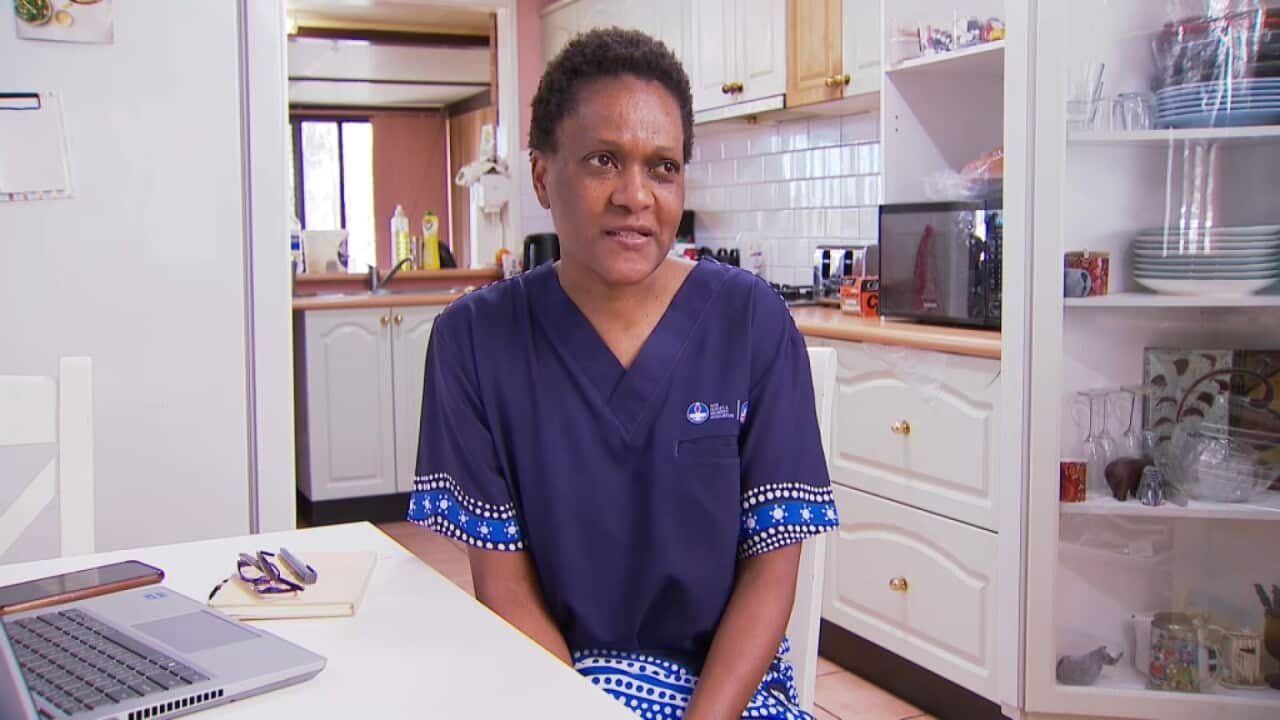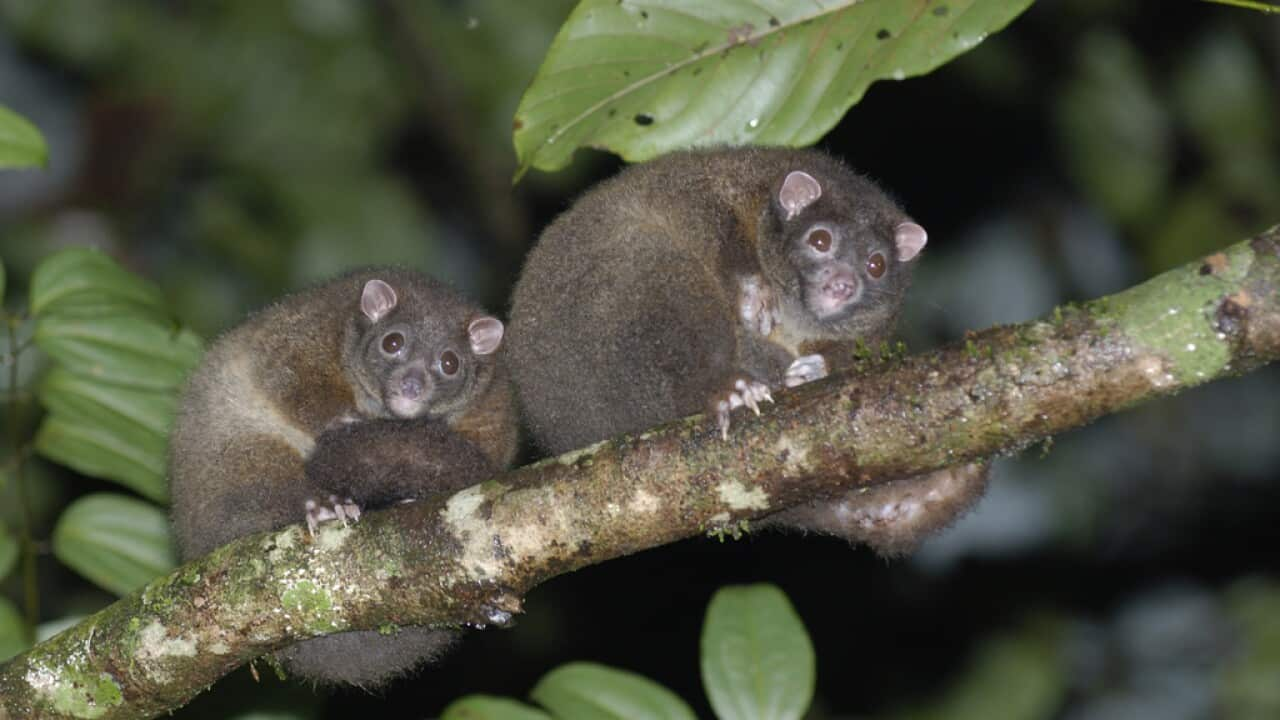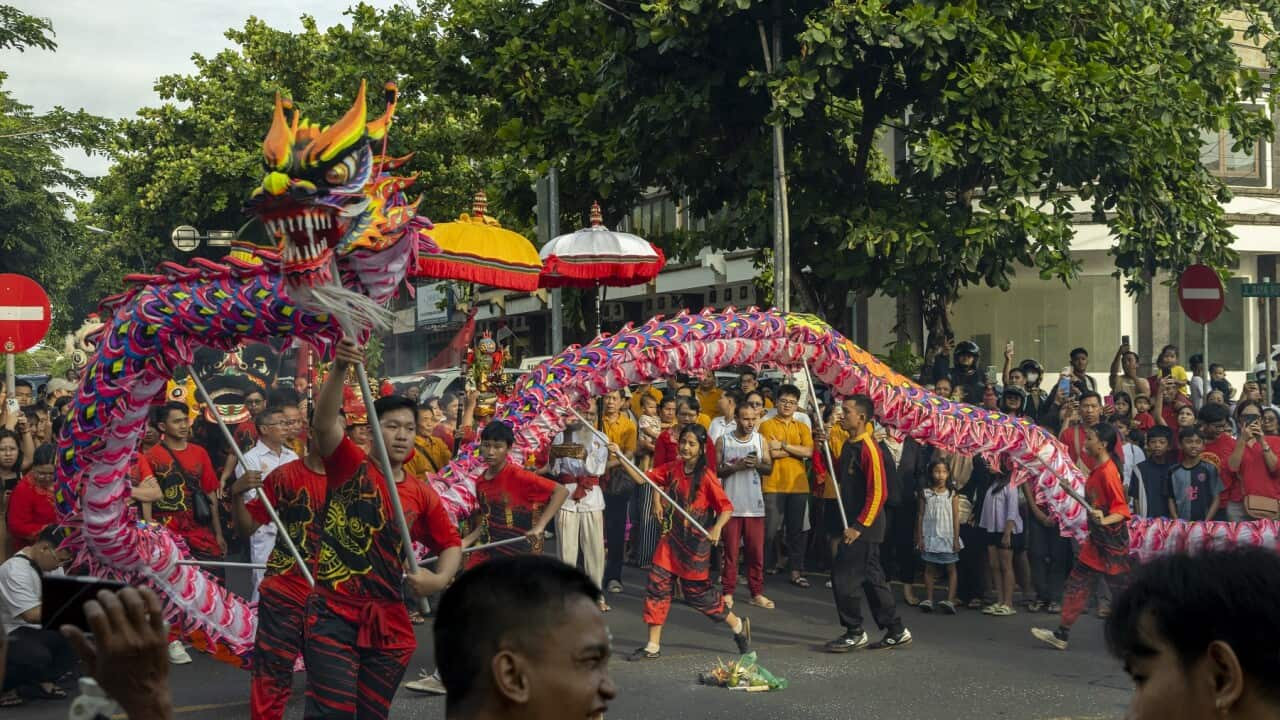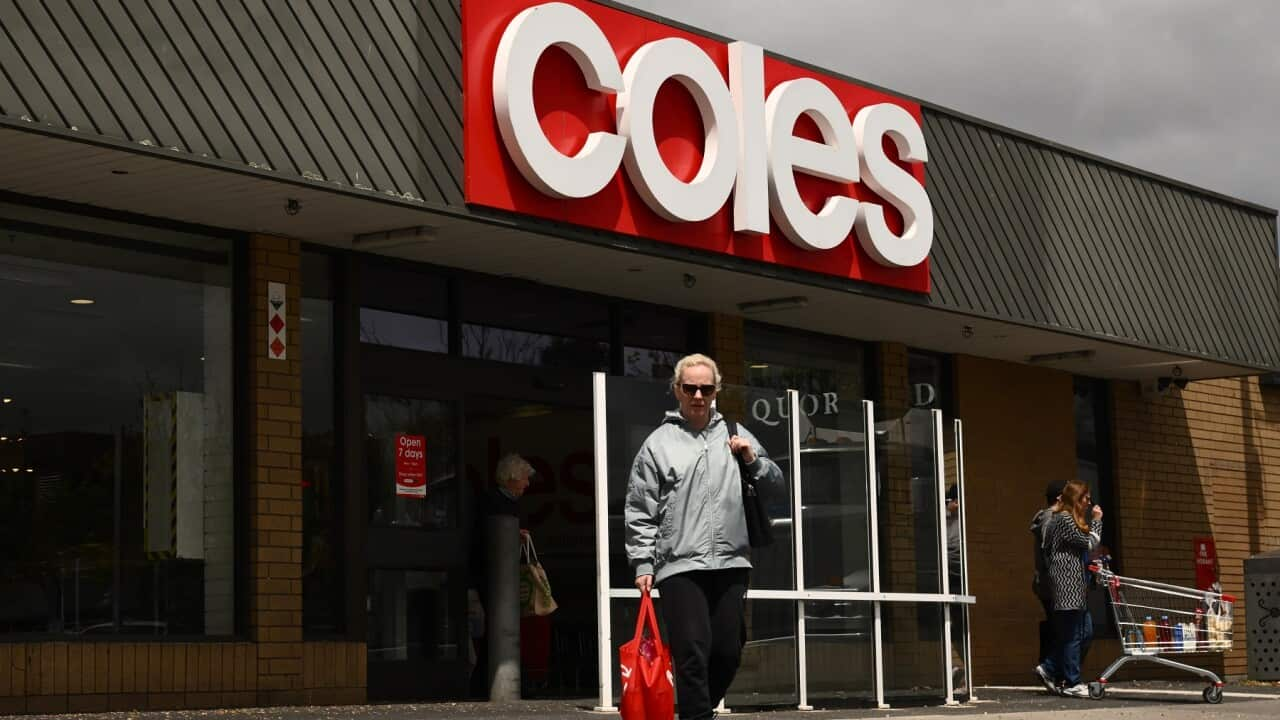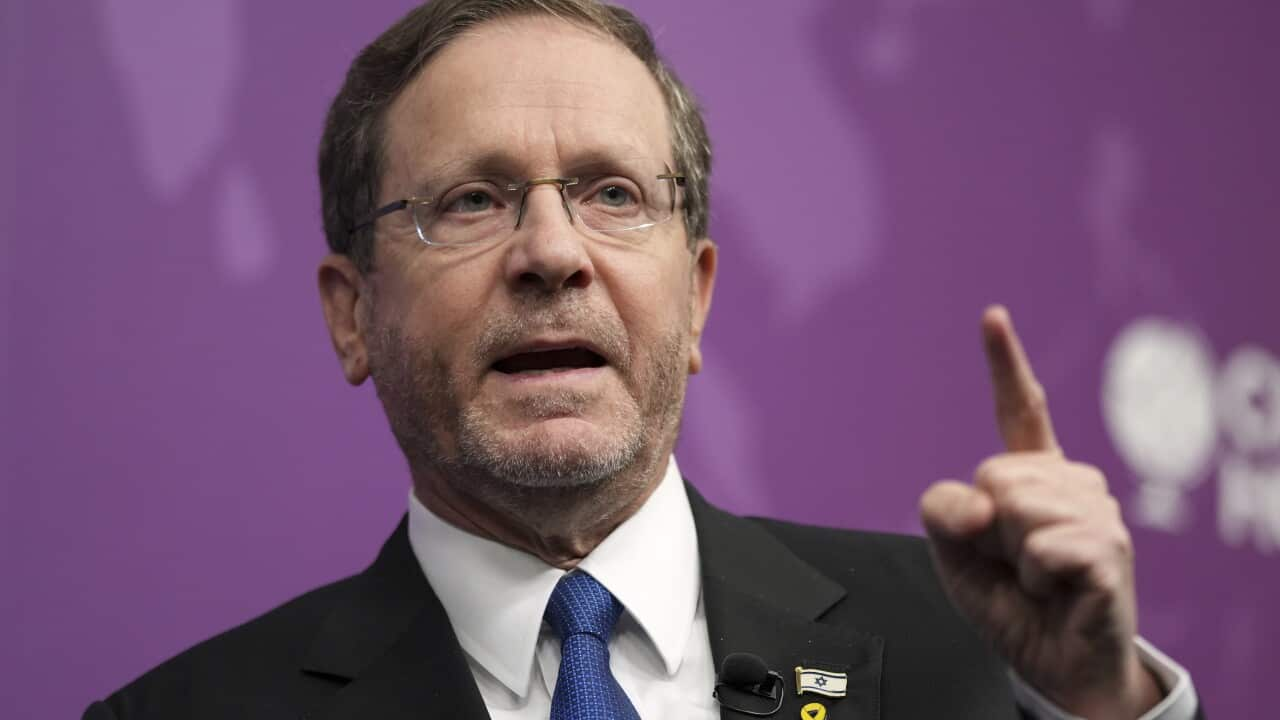Listen to Australian and world news, and follow trending topics with SBS News Podcasts.
When Loveness Tsitsi Mauwa began her first job in a New South Wales Hospital as a nurse, a colleague told her there was what she called a template for career success in the hospital.
"She told me to progress, you have to be young, Caucasian and beautiful. And at that time, it didn't make sense to me."
But as she stayed in the sector for longer, she realised the template existed.
In the following decade, the Zimbabwe-born nurse applied for various opportunities to progress her career, only to find she often didn't make it to the final stage.
"So I did put out some applications, and in one of the applications, I was promised I was going to get an opportunity, but that opportunity never came, but everyone else who had applied who met the criteria was able to progress."
As one of the critical sectors that face a labour shortage, the federal government has been prioritising visas for nurses in the skilled migration system.
Ms Mauwa says in the 25 years she has lived in Australia, she has seen the workforce become more culturally diverse - but barriers still exist.
"I think the health system is happy if we (are) just working on the floor, but not wanting to progress into management or senior roles, so that is where it becomes a challenge."
A new report by the New South Wales Nurses and Midwives Association found two-third of nurses and midwives from culturally and linguistically diverse backgrounds in the state have experienced racism at work.
Over 3,000 nursing union members were surveyed for the report.
One in five said they have been verbally abused or insulted; and one in 10 said they had been subjected to name-calling by patients, clients or colleagues.
Race Discrimination Commissioner Giridharan Sivaraman says the report shows racism is a public health emergency that must be dealt with urgently.
"Put simply, racism is making people sick. Racism is stopping people who are sick from getting better, and racism is making people who are sick get worse."
Mr Sivaraman says while he launched a National Anti-Racism Framework last year, he hasn't seen governments put it into action.
"And the report that the New South Wales Nurses and Midwives Association courageously prepared off the back of feedback from their members shows that the recommendations; and our framework, which align completely with the recommendations and their report, need to be implemented."
The nursing union's report calls on employers to ensure all staff complete bystander action education.
It also makes another eight recommendations, including: prioritising the elimination of institutional racism; policies and training on incident reporting; and monitoring the effectiveness of co-designed anti-racism training.
The general secretary at NSW Nurses and Midwives' Association, Shaye Candish, says the union has launched a partnership to ensure progress is made.
"It will be chaired by the Human Rights Commission, and we will have participants from governments, from employers, from the union, from the advocacy groups, from all stakeholders involved in this collaborative. The reality, unfortunately, is that racism is a perverse problem, and it is a really layered and complex problem. It's going to take a lot of work and commitment from organisations. But it's also going to take a collaboration from all of our organisations, because there is no one simple solution, and there is no one organisation that can fix this on their own."
New South Wales Health Minister Ryan Park says there are robust anti-racism policies in place, but individuals need to work together to ensure they are implemented.
"When people don't feel safe, they don't feel culturally safe, within our settings, then the health outcomes are also worse. Racism is not just offensive, it can have serious detrimental impacts on people's health and wellbeing - both in terms of our staff, but also just as importantly our patients."
